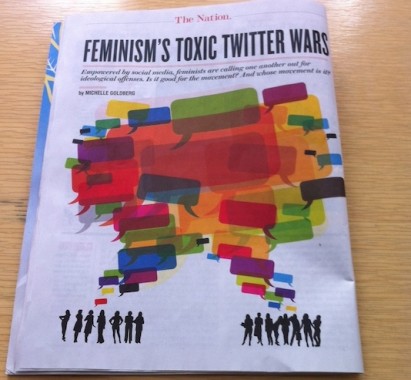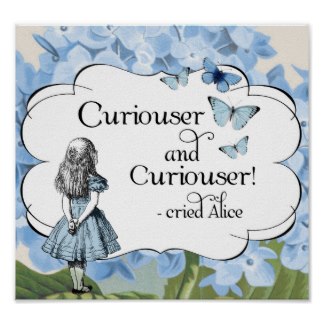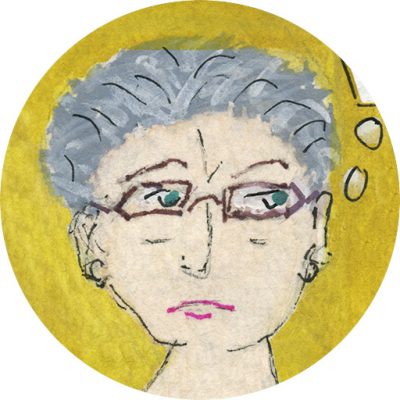If I hadn’t already been depressed about how the publishing world treats women writers, the article in this week’s Nation would have made me reach for my Valium (that dates me, but that’s also the point). Check it out: the graphic is stronger in the online version.
 In her stunning analysis of the mood in today’s the feminist blogosphere, Michelle Goldberg traces the emergence of a toxic environment in which bloggers attack one another for what appear to be incorrect political views. This is also the rhetorical activity known as trashing, long a problem in the feminist movement, well before the creation of social media. Goldberg does an excellent job of documenting the debates. The examples are striking, sometimes surprising, and so I will not try to revisit them here (especially since one of the explanations for online violence has to do with academic feminists and their unfortunate “postmodern” belief in “the power relations embedded in language”). Guilty as charged.
In her stunning analysis of the mood in today’s the feminist blogosphere, Michelle Goldberg traces the emergence of a toxic environment in which bloggers attack one another for what appear to be incorrect political views. This is also the rhetorical activity known as trashing, long a problem in the feminist movement, well before the creation of social media. Goldberg does an excellent job of documenting the debates. The examples are striking, sometimes surprising, and so I will not try to revisit them here (especially since one of the explanations for online violence has to do with academic feminists and their unfortunate “postmodern” belief in “the power relations embedded in language”). Guilty as charged.
The list of the complaints, critiques, screeds–how you perceive the form depends on your…location–makes for painful, if familiar, reading.
I have vivid memories of “Scholar and Feminist” conferences at Barnard College in the early 1970s. This was the era of affirmative action and consciousness-raising, and whatever the conference theme, speakers tended to be as clear and careful as possible when they articulated their positions. But no matter how thoughtful and diverse a panel of speakers was, someone always would get up and addressing, while condemning, the entire audience: “I’m an X,Y, and Z, and what you’ve said does not describe/include/value my experience.” Always.
Perhaps the saddest example is the case Goldberg cites of Jezebel founder Anna Holmes, who left Jezebel to become a columnist for the New York Times Book Review. She quotes Holmes on the parlous state of online feminism: “It’s really depressing. It makes me think I got out at the right time.”
When the Times Book Review becomes a haven, a refuge from the online world, one can only admire the irony of the digital revolution.

“‘Curiouser and curiouser,’” Cried Alice,” as she fell through the rabbit hole.
I’m so glad I never mastered the art of the tweet.
